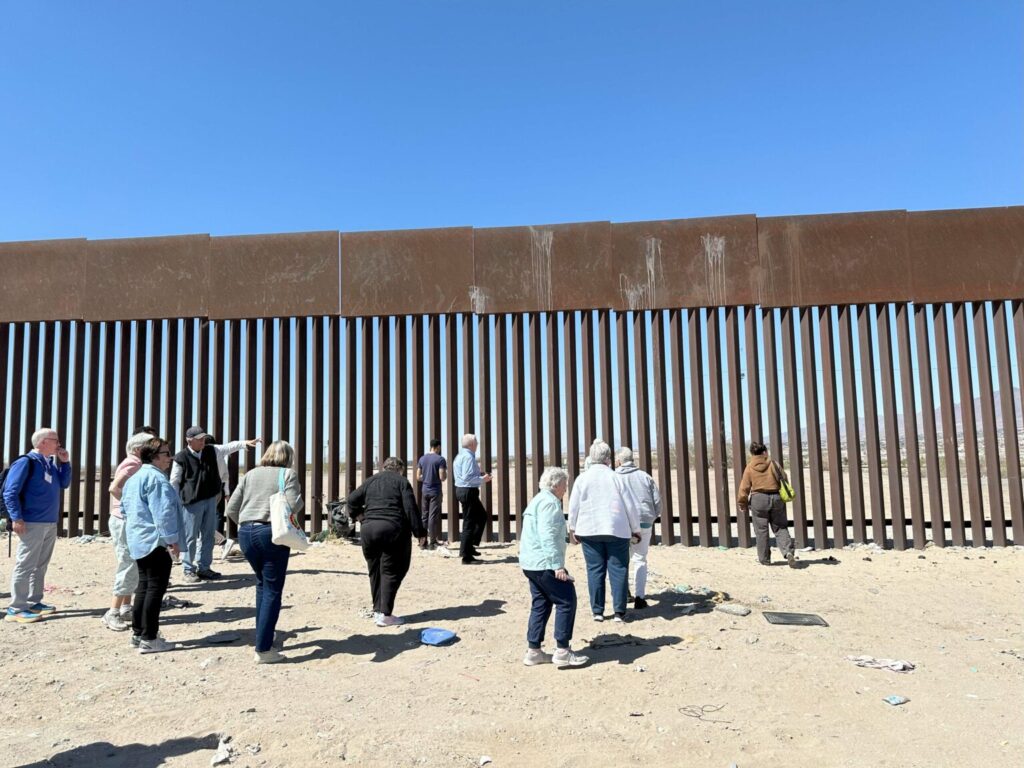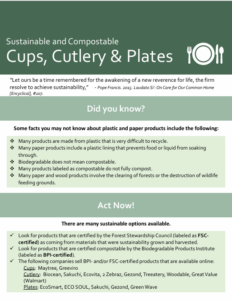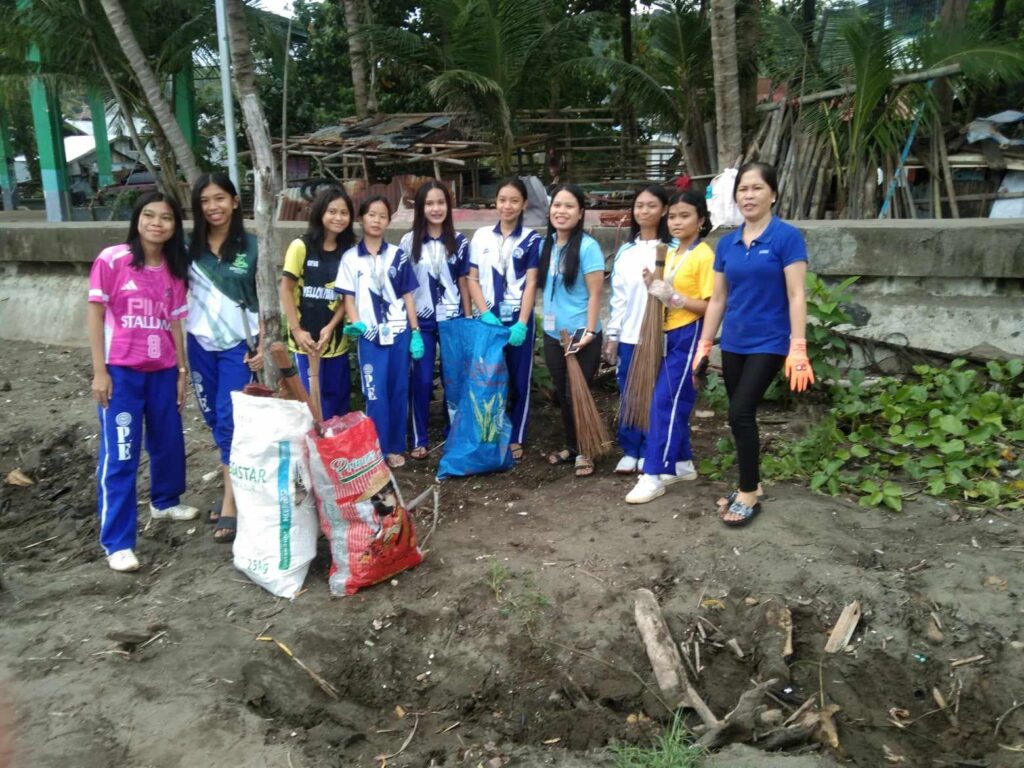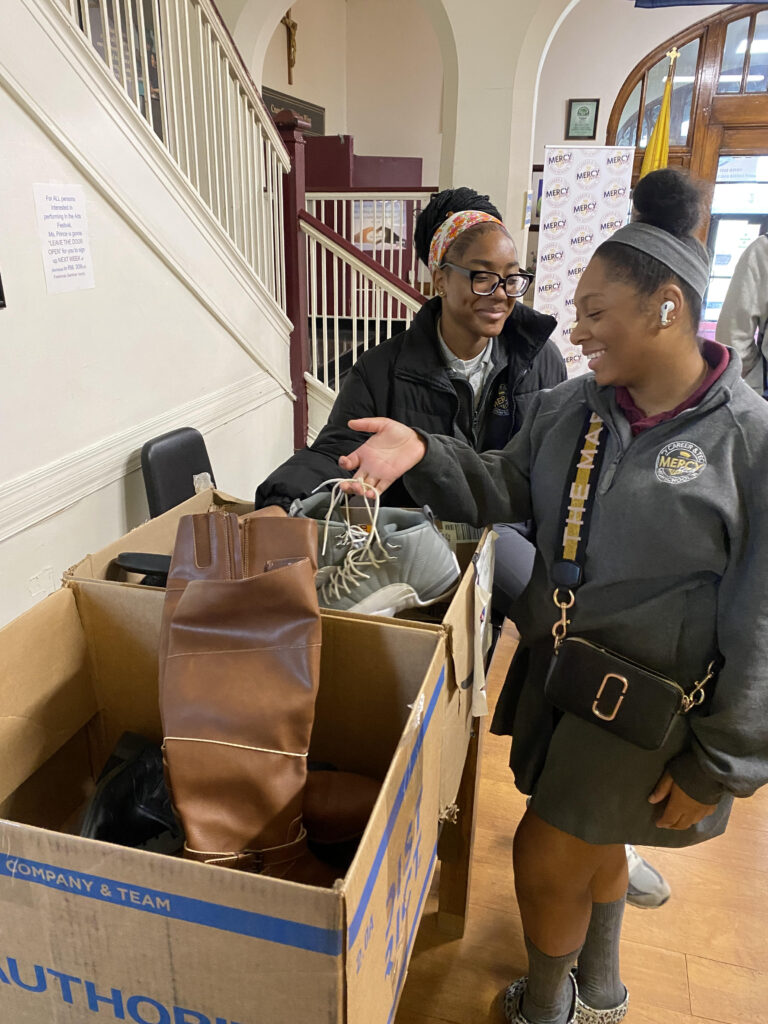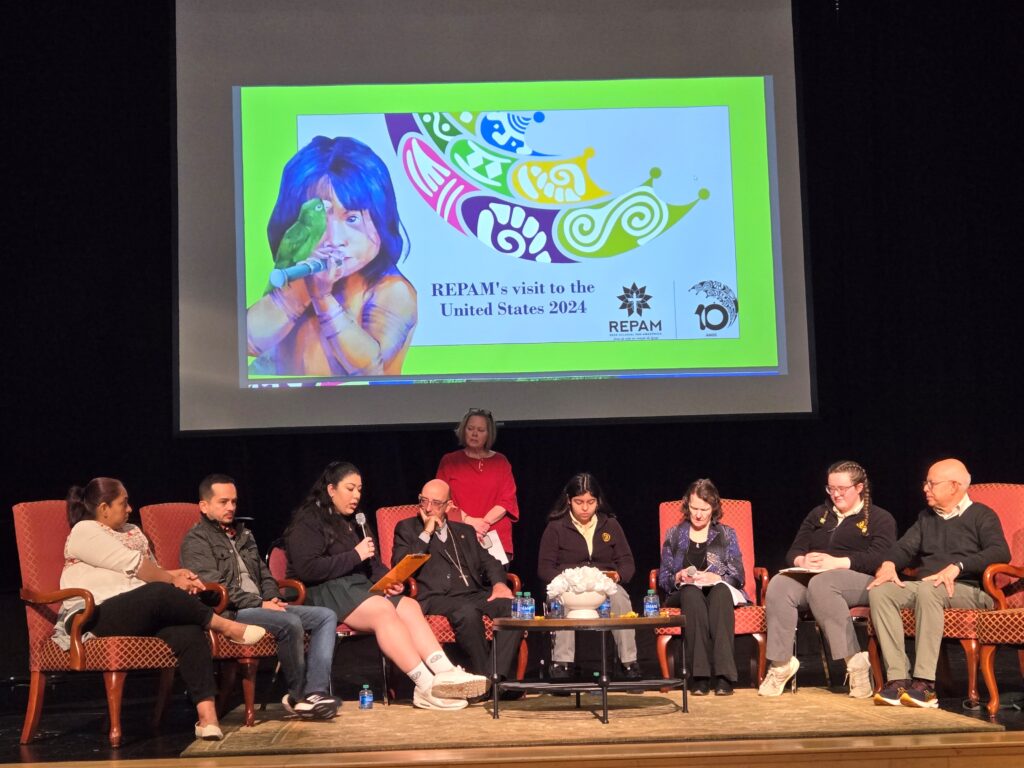By Bailey Woodward, Justice intern
The food we consume has effects not only on our health but also on the environment. While some common ingredients may seem harmless, they may actually be tied to unsustainable practices that damage ecosystems, contribute to climate change and speed up the loss of biodiversity. Let’s take a look at some common ingredients and their environmental impacts.
It is important to approach sustainability with mindfulness rather than expecting people to completely abstain from any product that has an environmental impact; that would be incredibly difficult to do long-term. The goal is not to eliminate all of these ingredients from our diets but to make more sustainable choices whenever possible.
Palm Oil
Palm oil is used in a lot of products: processed food, cosmetics and even cleaning products. Its large demand has led to large-scale deforestation, most significantly impacting Southeast Asia. This has destroyed the natural habitats the orangutans, tigers and elephants. The deforestation has also significantly contributed to greenhouse gas emissions and climate change.
Beef
Beef production is driving rampant deforestation. The livestock industry has begun to take over areas, like the Amazon Rainforest, to make room for grazing land. Beef production also consumes a significant amount of water (15,000-20,000 liters per kilogram). It creates greenhouse gas emissions, accounting for about 18% of global greenhouse gas emissions, and causes land degradation. This makes beef one of the least sustainable foods you can eat.
Avocados
Avocados have led to massive deforestation in Mexico, affecting ecosystems and wildlife. Additionally, avocado farming requires a substantial amount of water (2,000-2,500 liters per kilogram) in a region that is already facing water scarcity issues and droughts. Avocado farms also contribute to land degradation.
Almonds
Growing almonds requires a very large amount of water (about 4,000 liters per kilogram). This is problematic as almonds are commonly grown in California, an area prone to droughts.
Rice
Rice farming also requires a lot of water (2,500-5,000 liters per kilogram) and often causes the emission of methane, a greenhouse gas. Rice fields are commonly fertilized with chemicals that can contribute to pollution when they run off into nearby ecosystems.
Sugar
Sugar is found in many processed foods, and the demand is wreaking havoc on the environment. Sugarcane farming leads to massive deforestation, especially in Brazil. Sugarcane also requires 1,500-3000 liters of water per kilogram and often uses harmful pesticides that pollute the environment.
Seafood
The seafood industry is a major threat to marine ecosystems. Overfishing depletes marine populations and threatens the survival of fish species. Destructive fishing practices can damage ocean ecosystems such as coral reefs.
Eating more sustainably
While the impacts of these ingredients are alarming, there are steps we can take to eat more sustainably.”
- Opt for more plant-based protein sources instead of beef. Proteins like beans and lentils are not only healthier for your body but they’re better for the environment.
- If you consume dairy, beef, and other meat products, try searching for options from regenerative farms. Regenerative farming practices help restore soil health and capture carbon emissions.
- Switch up the oils you use. Instead of palm oil, try olive oil or coconut oil. They are better for your heath, too.
- Instead of rice, choose quinoa and other grains that require much less water. Quinoa only needs 500-1,000 liters of water per kilogram while rice requires 2,500-5,000 liters of water per kilogram.
- While shopping for food, look for certifications such as Fair Trade, Rainforest Alliance or Organic. These certifications indicate that the product was produced sustainably, minimizing harm to the environment, wildlife and workers.
- Consider growing some of your own fruits and vegetables. This will give you more control over how the food is produced, making it better for the environment and more cost-effective for you.
- Choose seafood with MSC or ASC certifications on the packaging. These indicate sustainable fishing practices.
- Avoid eating fish that are vulnerable to overfishing, such as bluefin tuna and some types of cod.
- Reduce waste whenever possible. Food waste that ends up in landfills contributes to methane emissions. Plan your meals carefully to use leftovers, and compost food scraps.

